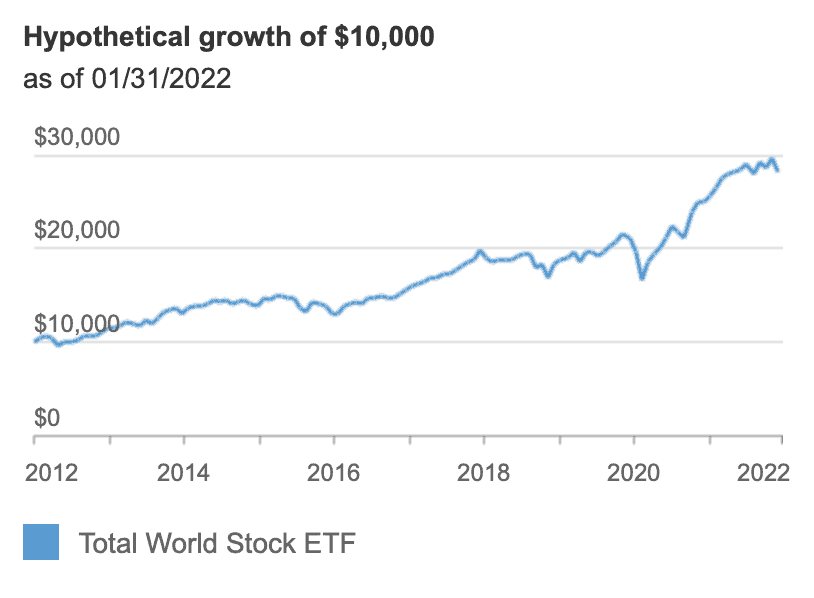Work shapes a third of our lives. If you’re unsure about how to genuinely feel […]
If you want to make your limited spending work for you while unlocking the potential of your credit cards for attractive rewards, this post will be helpful for you.
A miles card provides a higher percentage reward compared to cashback cards so it appeals to me.
Receiving cashback is a straightforward process with immediate value realization. But there is a trade-off of lower rewards and often a monthly spending requirement to qualify for the cashback
Although my fixed expenses are below $300, I am still keen to use credit cards that enable me to earn miles
If I could spend close to 1k a month which is a reasonable amount to accumulate credit card points over time, I will pick these 6 credit cards highlighted below.
Given my low average fixed expenses, I will opt for credit cards that align with my lifestyle. I will be sharing my thoughts and strategy in the video.
Upon graduation, I experimented with both cash and miles credit cards. I opted for the DBS Altitude Card which is suitable for a low spender as it offers points with no expiry date.
This will allow me to accumulate miles at my own pace with no expiry date. It's suitable for low spenders who may take longer to accumulate a significant number of miles. I took about 3 years, to redeem a 2 way business class ticket to Seoul (104k miles)
The catch is that its miles earning rate is significantly lower at 1.3 mpd as compared to 4 mpd offered by specialized miles cards.
Choosing a miles credit card with no expiry date provides flexibility for gradual accumulation. As my spending patterns evolve over time, I will switch to other cards
To align my credit card spending with my regular expenses, I had analyzes my monthly spending, identify key categories, then chose a credit card that offers optimal rewards for my lifestyle.
I had shared my expenses breakdown for 2020 on my website before. The link will be provided below.
My expenditure has been consistent since 3 years ago, where my food expenses lowered after I prepared my meals for work
For 2023, my average monthly fixed expenses is around $300, made up of public transport, telco bill, shopping, dining. I had excluded insurance as I am researching a suitable platform, so I can collect miles on the payment.
Average monthly variable fixed expenses is around $900 as the bulk of variable expenditure is spent on travel which includes my friends’ share. It also includes spending on medical, entertainment, grab and groceries on online platforms.
My most recent expenses is Jan 2024, where I spent the most on food, travel and transport. My spending pattern has remained consistent for the past few years.
| Food | 146.49 |
| Travel | 118.53 |
| Groceries | 49.08 |
| Googlecloud | 15.18 |
| Phone bill | 17.13 |
| Public transport | 118 |
After looking at my spending habits, I had identified the categories where I spend the most. My plan is to get 2-4 credit cards, some of which will enable me to earn miles at rates of up to 4 miles per dollar spent.
The cards selected will be based on their alignment with my spending patterns, if it can complement my lifestyle and goals while maximizing available rewards programs.
The cards should offer bonus miles in categories where I frequently spend, such as travel, or shopping. So it can help me maximize the earning potential.
These are the MCC codes of the popular shops
to assess the relevance of credit cards to specific purchases. So i could optimize the card selections
The first card I've chosen is UOB's Lady Card, which provides an appealing rate of 4 miles per dollar for selected categories. It comes in two variations Lady’s Card Cardmember may choose 1 preferred rewards category only; Lady’s Solitaire Cardmember may choose up to 2 preferred rewards categories.
Given the 7 Rewards Categories of the UOB Lady Card and my go to shops, I plan to rotate between Fashion, Travel, and Transport based on your variable spending, during months when such expenses are substantial. This will allow me to optimize the card's benefits according to my varying spending patterns.
| Travel | Agoda, Airasia, Airbnb, Expedia, Jetstar, Scoot, Singapore airlines, Klook, DFS |
| Beauty & wellness | Guardian, watsons, fitness first |
| Fashion | Taobao, Lazada, Qoo10, Shopee |
| Entertainment | Cathay, Golden Village, Sport Hub Tix, Sistic, Shawbars, taverns, lounges, cinemas and Ticketing Servicing Providers |
| Transport | SMART, SimplyGO, Gojek, Grab, Batam fast, Bintan resort ferry |
| Family | Giant, fairprice,cold storage, donki, redmart, sheng siong, meidiya |
| Dining | Restaurants, fast food restaurants, online food delivery |
UOB PPV card offers 4 mpd on mobile contactless payments, online shopping & entertainment.
Mobile contactless transactions, Lazada, Taobao app, Shopee, Qoo10, Uniqlo, Challenger, Watson, Guardian, Ryde, Aliexpress, Amazon.sg, Carousell. Giant
UOB privi miles and DBS altitude are suitable for general spending. Though the miles per dollar offered is low, it is still higher than what specialized cards provide when bonus point criteria are not met. This makes these cards a practical choice for everyday expenses
I had shortlisted UOB VS for overseas use if I can hit 1k in foreign currency spending
I organize my expenses on Google Sheets and track the expiry date of points I earn
Based on my goal of accumulating 104K miles over 2 years,t i would need to earn 4K miles which is equivalent to $1083 per month
Apart from redeeming miles for flights, you can also use your miles or leftover miles for non-travel redemptions on DBS Apple rewards store and Kris shop.
There are many things to consider in the miles game as it is more complex than cashback rewards. Miles validity period differs between each bank. When points are converted to airline miles from KrisFlyer, they will have another validity period of 3 years. When it comes to redeeming miles, you may need to buy miles in order to top up your balance to redeem flights or use your miles for less valuable purposes.
Other considerations include managing the balance between optimizing miles earning rates with multiple credit cards and the risk of spreading your miles too thin
You'll want to make sure you have more miles than the minimum amount to transfer them to airline miles, and that they are in blocks of the transfer amount to minimise orphan points.
If your spending is low and it takes you a long time to earn miles, you may not have enough miles to redeem flights even when your miles are nearing their expiration date.
And there's always a possibility that you don't get to realise the value that you were expecting
The credit cards should work for you, making the most out of your spending patterns.
Your choice of credit cards should align with your lifestyle, spending habits, and financial goals. Consider your preferences, rewards structure of each card, and choose the one that best suits your needs.
Thank you for reading, I hope it has been useful for you.
You can connect with me on telegram and facebook for additional guides!







